Public school districts, especially those with large student populations and numerous schools, face a unique and growing challenge: managing the lifecycle of thousands of IT assets while ensuring the privacy and security of sensitive student data. From laptops and tablets used in classrooms to servers and network equipment in administrative offices, retired technology can pose a significant risk if not handled properly. A single data breach can have devastating consequences, impacting students, families, staff, and the district’s reputation.
The Stakes Are High: FERPA, COPPA, and Beyond
Unlike businesses that primarily deal with customer data, school districts are entrusted with the personal information of minors. This brings a heightened level of responsibility and legal obligation. Key regulations include:
- FERPA (Family Educational Rights and Privacy Act): This federal law protects the privacy of student education records. It grants parents certain rights regarding their children’s education records and requires schools to protect the confidentiality of this information.
- COPPA (Children’s Online Privacy Protection Act): While primarily focused on online services, COPPA also has implications for how schools handle student data collected through educational technology.
- State Data Breach Notification Laws: Most states have laws requiring schools to notify individuals (and often state agencies) in the event of a data breach involving personal information.
- State Student Data Privacy Laws: Many states are enacting stricter laws specifically governing the collection, use, and disposal of student data.
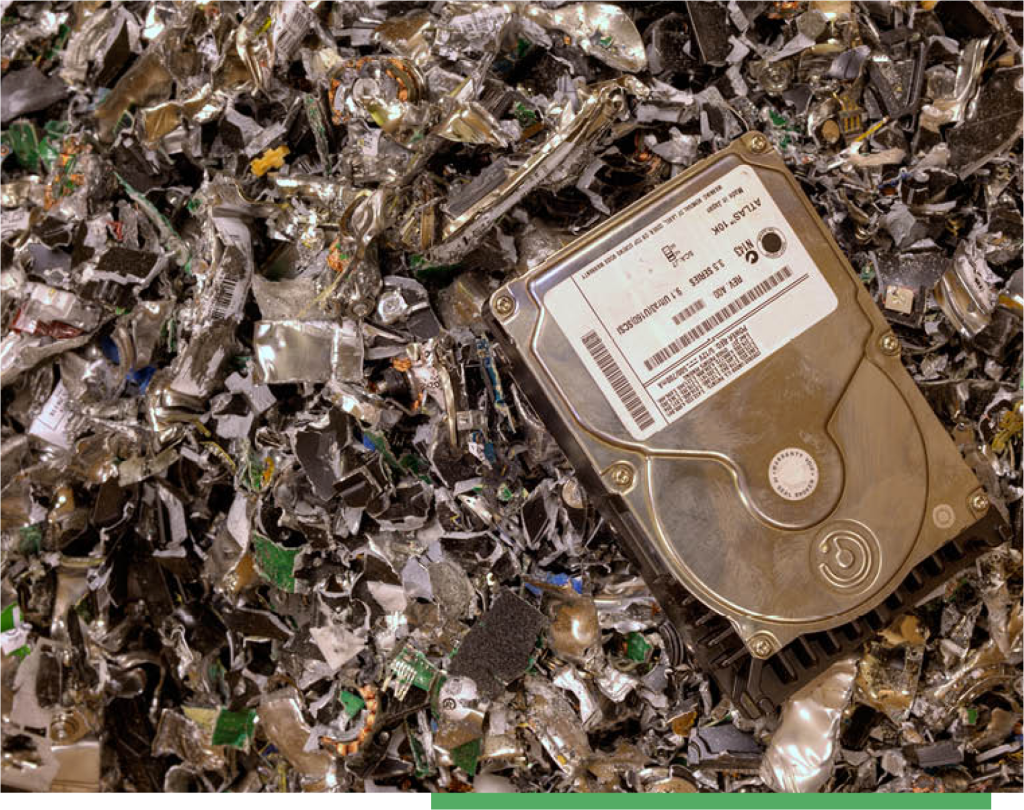
The Challenges of IT Asset Disposition in Large School Districts:
Managing IT assets in a district with 5,000+ students and 20+ schools presents unique challenges:
- Scale and Volume: The sheer number of devices reaching end-of-life each year can be overwhelming.
- Decentralized Management: IT assets may be distributed across multiple schools and departments, making it difficult to track and manage.
- Budget Constraints: School districts often operate on tight budgets, making it challenging to invest in proper ITAD processes.
- Data Sensitivity: Student data includes a wide range of sensitive information, including grades, attendance records, disciplinary records, health information, and special education records.
- Staff Training: Ensuring that all staff members understand and follow proper data handling procedures is crucial.
- Technology churn: Devices are frequently replaced or upgraded.
Real-World Examples: Don’t Be the Next Headline
The news is filled with stories of companies facing severe consequences for ITAD compliance failures. From financial institutions to healthcare providers, no industry is immune. These incidents serve as stark reminders of the importance of a robust and compliant ITAD program.
Creating a Compliant ITAD Program: Key Steps
Protecting your organization from ITAD compliance risks requires a proactive and comprehensive approach. Here are some essential steps:
- Develop a Formal ITAD Policy: Document your procedures for handling retired IT assets, including data sanitization, chain of custody, and vendor selection.
- Inventory All IT Assets: Maintain a detailed inventory of all your IT assets, including their location, status, and data sensitivity.
- Implement Secure Data Sanitization: Use certified data erasure methods that meet or exceed industry standards like NIST 800-88.
- Maintain a Chain of Custody: Document the entire ITAD process, from collection to disposal, to ensure accountability.
- Choose a Certified ITAD Partner: Partner with a reputable ITAD provider that holds relevant certifications, such as R2 or e-Stewards.
The Risks of Improper Disposal:
Simply deleting files or reformatting hard drives is not sufficient to protect student data. Data can often be recovered from improperly disposed of devices, leading to:
- FERPA Violations: Significant fines and potential loss of federal funding.
- Data Breaches: Exposure of sensitive student information, potentially leading to identity theft, bullying, and other harms.
- Reputational Damage: Loss of public trust and negative media coverage.
- Legal Action: Lawsuits from parents and guardians.
American Steed: Secure and Compliant ITAD for Large School Districts
American Steed understands the unique challenges and responsibilities faced by large public school districts. We provide comprehensive IT asset disposition (ITAD) services designed to:
- Ensure FERPA and COPPA Compliance: Our processes are designed to meet the stringent data protection requirements of these regulations.
- Provide Certified Data Sanitization: We use NIST 800-88 compliant data erasure methods, ensuring that all student data is completely and irreversibly destroyed.
- Manage Large-Scale Projects: We have the experience and resources to handle the volume of IT assets generated by large school districts.
- Offer Secure and Transparent Logistics: We provide secure transportation and a detailed chain of custody for all assets.
- Maximize Value Recovery: We help districts recoup value from retired IT equipment through responsible remarketing, offsetting disposal costs and potentially generating revenue.
- Promote Environmental Responsibility: We are R2 certified, ensuring that all e-waste is recycled in an environmentally sound manner.
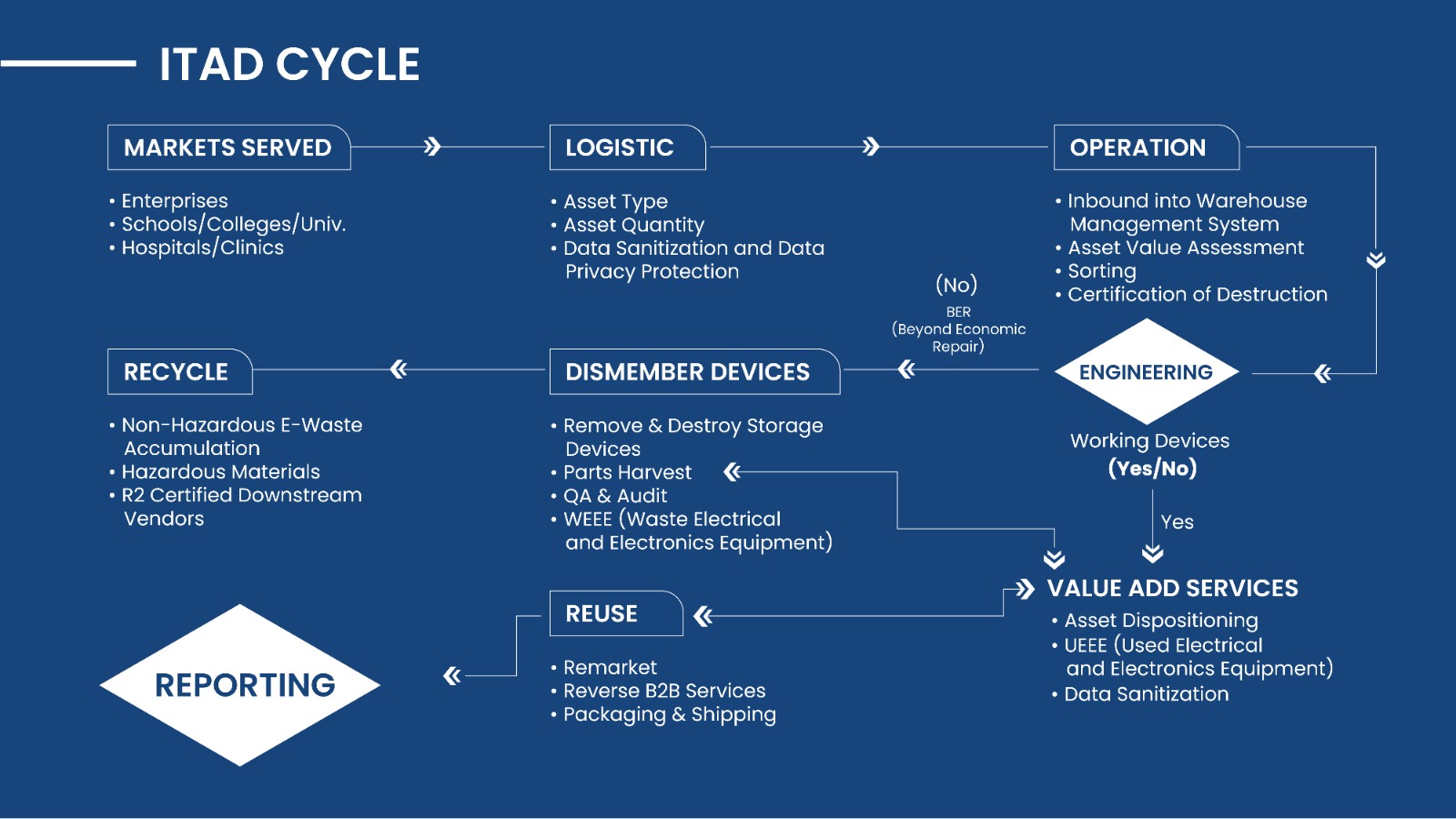
Case Study: Transforming IT Asset Disposition for a Unified School District
Industry: Education
Location: Multiple across Texas
Client: Anonymous Unified School District
Scope: Comprehensive IT Asset Disposition (ITAD) for 8,000 devices and miscellaneous electronics.
Objective: Environmentally responsible recycling, secure data destruction, and compliance with R2 standards.
Overview
A Unified School District in Texas faced a significant challenge: managing the decommissioning and recycling of over 8,000 mixed IT assets and electronic waste. The district had accumulated years’ worth of outdated technology, including devices like iPads, Chromebooks, desktops, laptops, mobile charging stations, smart boards, switches, routers, servers, cameras, heavy duty batteries, mixed outdated electronics and even metal scrap. These items were stored across three auditorium-sized halls, creating logistical and operational challenges for proper disposal.
The district partnered with American Steed to streamline the process, ensure compliance with environmental standards, and recover value from reusable assets.
Challenges
- Volume and Variety: The sheer volume of 8,000 devices and the diversity of equipment required careful planning and execution.
- Logistical Complexity: The assets were stored in three large auditoriums, requiring on-site decommissioning, palletization, and transportation.
- Environmental Responsibility: The district sought to minimize its environmental impact while adhering to R2 standards.
- Data Security: Ensuring secure data destruction for all devices was a top priority.
- Reporting: Systematically record and report all processed material and devices.
Solution
American Steed deployed a fully equipped team with the necessary tools, gear, forklifts, and three semi-trailers to the client’s location. The project was executed in the following steps:
- On-Site Decommissioning and Logistics
- Conducted a thorough inventory of all assets on-site.
- Decommissioned devices requiring specialized handling, including servers and smart boards.
- Palletized and organized all assets for secure transportation.
- Transportation and Warehousing
- Safely loaded and transported all assets to American Steed’s warehouse in Lincoln, Nebraska using three semi-trailers.
- Ensured secure chain-of-custody throughout the process.
- Responsible Recycling and Compliance
- Audited all assets with serialized scans to ensure transparency and accountability.
- Recycled non-reusable materials responsibly, adhering to R2 standards.
- Reporting and Environmental Impact
- Delivered detailed audit, settlement, ESG and compliance reports to the client.
- Highlighted the environmental benefits achieved through the project:
- Prevented 2.4 million kilograms of CO2 emissions from being released.
- Conserved millions of gallons of water.
- Reduced the need for resource extraction, protecting natural ecosystems.
Results
- Environmental Impact: The project significantly reduced the district’s carbon footprint and conserved vital resources.
- Compliance: All processes adhered to R2 standards, ensuring secure and responsible disposal of assets.
- Data Security: Serialized scans and detailed reporting provided the district with peace of mind regarding secure data destruction.
- Operational Efficiency: The project was completed on time and within budget, minimizing disruption for the district.
Client Testimonial
“American Steed’s team was professional, efficient, and environmentally conscious. They turned what seemed like an overwhelming project into a seamless process, ensuring our compliance and helping us achieve our sustainability goals.” – IT Director, Unified School District
Conclusion
This project demonstrates American Steed’s expertise in managing large-scale ITAD projects for educational institutions. By combining operational efficiency, environmental responsibility, and a commitment to compliance, American Steed helped the district achieve its goals while setting a benchmark for sustainable IT asset disposition in the education sector.
Contact Us
If your organization faces similar challenges, reach out to American Steed for tailored ITAD solutions that prioritize security, compliance, and sustainability.
Click Here to Schedule a Free Consultation


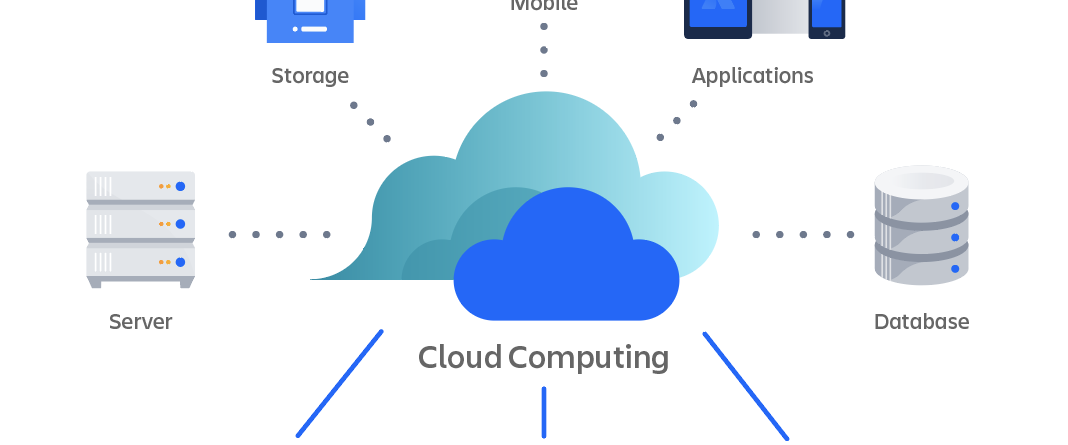
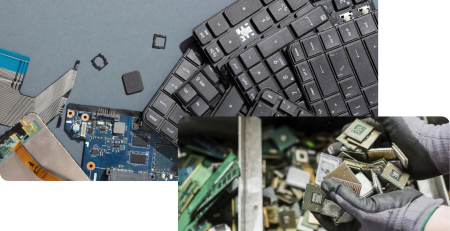
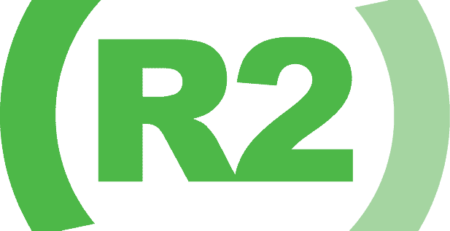






Leave a Reply